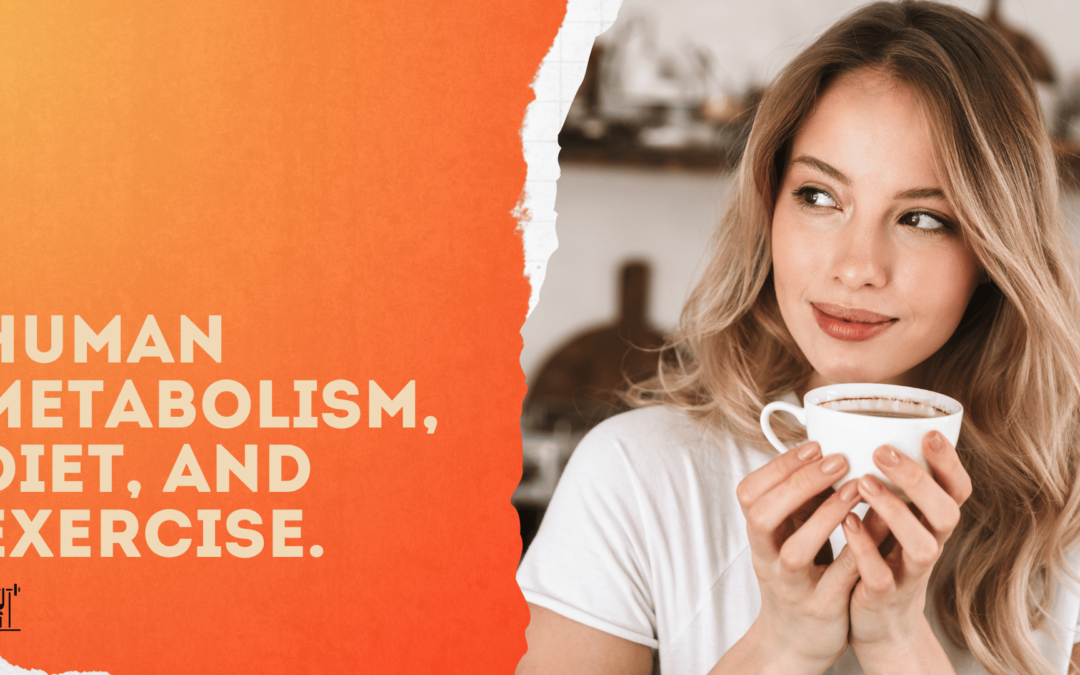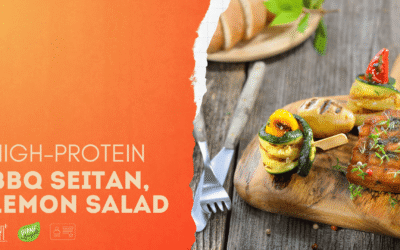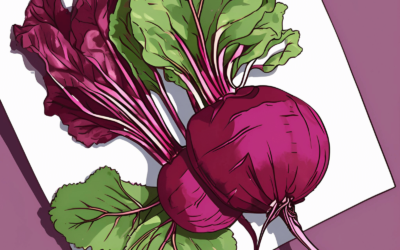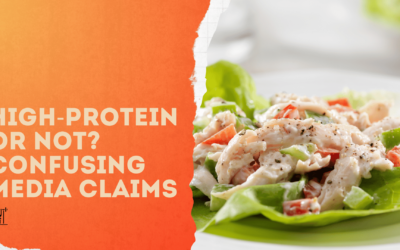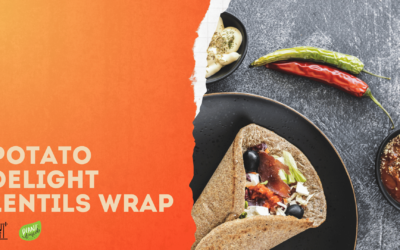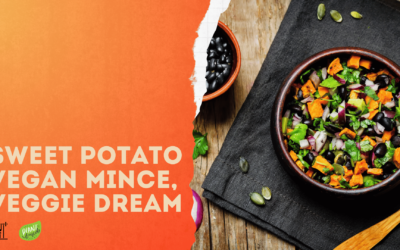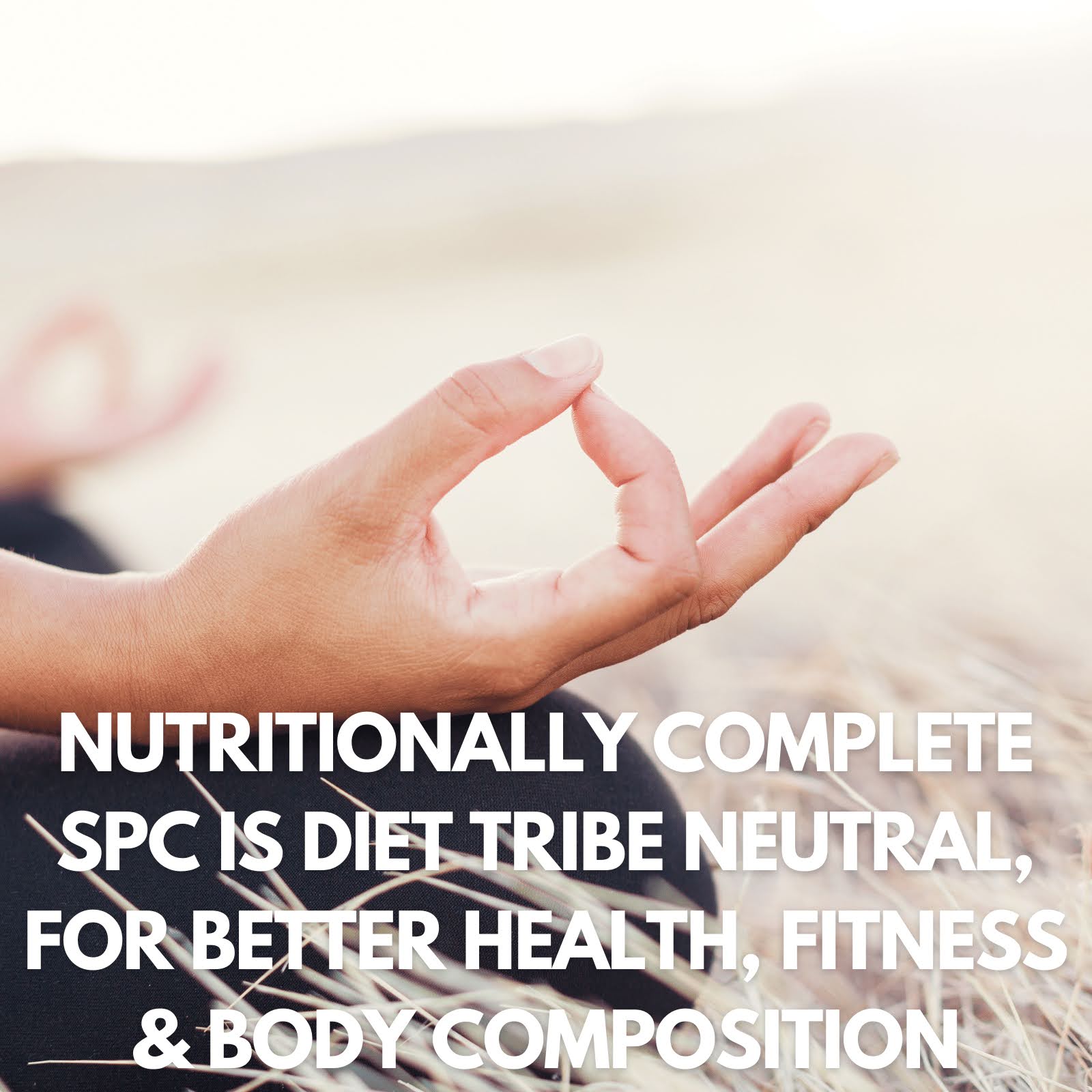
Strength By Fitness
Human Metabolism, Diet, and Exercise. A Simplistic SPC Health Guide.
Welcome to another fact-based coaching article from Strength by Fitness.
Homo Sapiens possesses a high-capacity metabolic system that does not correlate as much between an increase in physical activity expenditure and a correlating decrease in resting expenditure to the same extent as other mammals.
The more we exercise, the more we need to rest yes.
However the involuntary dip in resting expenditure is much lower than what we see in other species, and a lot less than the increase in total energy expenditure which daily physical activity and weekly exercise are capable of creating.
This unusually capable highly-active metabolic system helped human evolution. But now it is under siege by a hostile modern lifestyle environment, lackluster, low SPC food choices, and a severe deficit of daily physical activity.
“Humans increased not only our resting metabolisms beyond what even chimpanzees and monkeys have but, thanks to our unique ability to dump heat by sweating, we’ve also been able to increase our physical activity levels without lowering our resting metabolic rates, to the same extent as other mammals do”.
Andrew Yegian, senior researcher, Lieberman’s lab.

Industrial lifestyles versus manual labor.
So when we compare activity levels of less developed farmers and other industries, past, and present, who maintain their farms, and daily life without the help of machines all these people have significantly higher physical activity levels than hunter-gatherers and people in more developed industrial environments.
A simple point I have made in past articles is to compare your everyday activity levels with those of your farm-owning grandparents, or great-grandparents. Chances are universally very high that they spent much more time being physically active during their work hours.
However, take notice, because all these drastically different human populations, regardless of their individual, and general activity levels, display very similar amounts of resting energy expenditure for any given unit of body size.
Read that again people.
Resting metabolic rates are universally almost the same for all humans.
Daily physical activity levels, weekly fitness, and the resulting total energy expenditure, however, differ greatly between people, and contrary to popular belief your resting metabolic rate does not compensate for anything remotely close to your daily activity level, and exercise expenditure.
There is a slight downregulation, yes.
I have talked about that in the past.
But that downregulation is a tiny little amount of the increase in total energy expenditure that your physical activity and weekly exercise habits can create with good enough habits.
Here comes the modern-day dilemma, and it’s not genetics, and it’s not solely the food environment.
At the same time as people have gotten less active physically, and only a tiny minority of people exercise well enough on a weekly basis modern humans also eat an excess of 500 to 1000 calories per day compared to the early 1900s.
Going from approximately 3200 in the year 1900 to roughly 4000 per day.
The combined effect of this, together with the lousy low-quality, low SPC ( high-energy density ) food people tend to favor is the reason why we have the health and obesity epidemic we have.
It all comes down to habits, not genetics people.
Physical activity and fitness habits versus food habits, your rest and recovery, and no one’s genetics, or age can disregard this.
You can call this the horrible combination.
When people consume more low-SPC foods they universally end up eating more in total. Yes, that includes more food physically speaking, and more energy in total. And when we exercise less, or not at all, our active energy expenditure becomes abysmal.
That right there is a horrible combination for your health in body, and mind, and your body composition too over time.
Add to this that low-SPC foods tend to provide a lot fewer nutrients despite all that extra energy and you will end up with an even bigger issue because now you have created a uniquely bad situation where you are overfeeding yourself, while also depriving yourself of essential nutrients.
And you are doing both of these unfortunate things at the same time.
This is why obese people are almost universally low-SPC eaters and very likely to be nutritionally deficient, despite eating too much food, because the food they are eating is primarily filled with hedonistic qualities, designed to make you crave more food, and more energy, more sugar and unnecessary fats, more taste and pick me up sensations, but all that food doesn’t contain much of the nutrients you actually need.
Do you need help succesfully changing your lifestyle habits?
We provide coaching, online, and on-location, in-person.
The curse of the Hedonistic food approach.
Hedonistic food is made to wet your senses, make your taste buds pop, your mind buzz, and your tummy crave a gluttonous feast that feels good, but it does not actually do anything good for you.
Not short-term, and less so long-term. Downing a bag of crisps can feel like a happy feast, but all that nutrition provides very little real nutrients, fiber, and protein, micronutrients, and it does so with far too much energy.
This is the complete opposite of what nutritionally complete high-protein, high-SPC foods do.
Higher SPC foods provide more protein, more fiber, and more nutrients but they do it with a lower energy per unit of nutrients.
This will result in you feeling less hungry for a longer period of time, because that high-protein, SPC meal you just downed isn’t just filling up your tummy, it provides essential, health, and fitness-promoting nutrients, and it takes longer to absorb, process, and digest.
Slowing down the time it will take for you to feel the urge to eat again, all while boosting important processes and functions in your body, such as a vastly better gut-brain health outcome.
The diet tribe-neutral food approach.
Yes, SPC is a diet tribe and food preference-neutral umbrella term, and food approach.
So, some people will eat predominantly animal-based protein on a high-protein, SPC food plan, and as such they will get less fiber with their food.
And others, like me and my wife, are plant-based so we get plenty of fiber together with our high-protein meals.
So there is room for a lot of nuance in the land of SPC.
That nuance is a good thing, however, it means that each person has the freedom to pursue a better, and healthier, food approach that fits their own preferences, taste buds, and life, eating healthy foods their own way.
This, of course, also means that some people will still be able to eat in a way that’s much better, but not ideal ( read, still not nutritionally complete, or sustainable enough ).

Good coaches and support will always matter.
This is where good quality coaches like Strength By Fitness, and apps like Hava come into play. Because both of these options help you navigate the nuance, and the facts, without having to study and understand it yourself.
Allowing you to just enjoy a worry-free journey towards better outcomes. Another plus is that working with a good coach drastically increases adherence over time.
However, at the end of the day.
What´s bad about fast food, and store-bought food isn’t really that it’s ultra-processed.
There are no automatic wins in the carnivore-styled “ancestral” choices.
Sure, UPF should be considered clearly worse as a food category, on average, than whole foods because ultra-processing strips food of their nutrients, and fiber.
Not to mention that ultra-processed foods provide us with an entire world of low SPC food items such as cakes, candy, sweetened beverages, sweetened canned fruit, frozen pizza, pre-made store-bought pies, strips and crisps, and so on. It is easy to see why ultra-processed foods have been so detrimental for so many people.
It´s a food group that mostly exists to maximize profit for the producer and stimulate endless gluttony from the consumer.
We also have too much horribly subpar fast food at far too many fast food chains to even mention.
But mostly doesn’t mean completely, and UPF also provides a lot of really good food options, such as vegan mince, tofu, tempeh, soy milk, and protein powder. Every single one of these examples is nutritionally rich, high-protein, high-SPC food items that don’t exist without ultra-processing.
So the problem isn’t if something is whole foods or UPF, the problem is the nutrients you get with the food you are consuming and the way that nutritional content will affect you if you do not know what to eat more of and what to avoid, or eat a lot less of.
There are no non-responders to healthy foods and fitness.
A very clear-cut way that´s been demonstrated to work short, and long-term in tens of millions of people across years, and decades is to choose higher SPC foods.
There are no genetic disadvantages in the human population that will chain you to the role of a non-responder who´s doomed to a life-long existence as an under-muscled, obese, or underfed human being no matter what you do.
If you exercise every week for the rest of your life, and you stick to a food plan made up of nothing but nutritionally complete, high-protein, moderate to high SPC foods on a daily basis you will end up vastly healthier, and as fit as you wish.
So no, it won’t matter if you are obese or fit, metabolically healthy or unhealthy, too skinny or too big, a nutritionally complete, high-protein, moderate to high SPC food approach will work for you too.
That is a guarantee I can safely make, assuming you actually adhere to such a food plan not for a few days, or a couple of weeks, but for most of the year, all year round.
The competitive athlete and high SPC.
The high-protein, moderate to high SPC approach is so effective that it will actually make some extremely active, high-volume athletes borderline eat too little.
Some of the competitive athletes out there will actually be forced to add some lower SPC food choices just to get enough energy to fuel their workout, race, and game day performance.
That is how effective a nutritionally complete, high-protein, SPC approach is.
But this is a good “problem” to have, and it leaves you in complete control.
It provides more essential nutrients for less energy, enabling better health, fitness, and body composition outcomes for the majority of humans who are not active enough, not eating enough nutrients, and eating too much energy due to their low SPC food choices.
Providing those competitive, extreme athletes with all the same benefits, and an easy fix by adding some easy-to-digest energy to their food choices, when, and if they need a higher energy intake.
But this competitive athlete consideration is a choice the vast majority of people will never have to make because most of humanity is way too sedentary and in dire need of not just higher-protein, nutritionally complete SPC foods every single day of life, but they would benefit just as much from picking up more and better exercise, fitness and daily physical activity habits.
And to avoid confusion.
Everyone, athletes or not should make use of a high-protein, nutritionally complete moderate to high SPC food approach, as their foundation. Its nothing but positive for every human being that is capable of consuming protein, which is almost everyone but a tiny minority of people with severe medical issues.
So start with this high-SPC foundation, and if you exercise a ton, adjust your food intake so you get the necessary amount of energy too.
Easy as pie people.
The completely opposite outcome of high energy-density foods.
Hopefully, you see now how that high-protein SPC food approach provides the complete opposite outcome of what a high-energy-density food approach will result in.
Another example.
Perhaps you are a diabetic?
Well, if so, focus not on a zero-carb intake, but on a nutritionally complete, high-protein, but lower-carb intake.
Not because whole plant-based foods are unhealthy, they improve health, fitness, and body composition outcomes for healthy people, so make sure to still get those, just down-regulate the amount of it because you have diabetes, and needless to say, first of all, get rid of all the added sugar, and all forms of the low SPC ultra-processed junk.
Zero carbs might sound like it would be even better than a lower carb intake, but consuming some whole plant-based carbs provides even better outcomes in health, fitness, and body composition outcomes relative to a zero carb intake.
And diabetes does not change this. You still benefit from a healthier gut microbiome and gut-brain axis. You still benefit from the healthy fats it helps your body produce. You still benefit from the many uniquely good micronutrients that whole plant-based foods provide, and health, and body composition outcomes will be better too.
So instead of zero carbs, opt for the healthier lower carb version of a nutritionally complete SPC life. Going with a lower carb, high-protein intake is still a nutritionally complete high-protein SPC food approach.
As is a moderate to higher whole plant-based carb intake together with that high-protein intake. All these macro combinations will every single one still result in a moderate to high-SPC food approach.
Moderate to high-fat coupled with a high-protein intake can also be a really good moderate to high-SPC food approach. Especially so for people with diabetes.
But lower carb is better than zero carb even for keto people and diabetics. Embrace that scientifically up-to-date, diet-tribe-neutral advice.
Nutritionally complete SPC does not belong to one diet tribe. It´s all of them.
I am pointing this out because there are some food tribes that seemingly want to shoehorn a moderate to high-SPC food approach to a specific food tribe, but the nutritionally complete high-protein, SPC approach to healthier, and better food habits is diet tribe and food preference-neutral as I mentioned earlier and it works across all food tribes.
Best of all is that it’s intuitive and successful at the same time, making it a better, and easier way of approaching healthy food habits.
I never weigh my food, and while you can do that, if it makes you feel good and in control, of your habits, you do not have to weigh your food if you do not like that part of creating healthier food habits and maintaining them.
Heck, I would say you do not even have to track your own food intake once you have found your groove.
That is how well a moderate to high SPC food intake works.
At the start, track every meal.
Having said that, when you start out you should track your every snack, bite, and meal in detail. Do this for a week or two, using something as simple as Google Keep, or the free version of Hava to log everything you eat and drink.
This is the fastest, most accurate way to cement superior food habits going forward.
Adjust your intake based on what is being logged, and how quickly you see progress, as you go. Adjust it on a daily basis, if you see that your tracked food items are 1000 calories above what you should be eating and you have excess body fat, adjust that intake according to the high SPC way.
This way you will quickly get a real sense of which meals, and snacks add health and fitness-friendly high-SPC nutrients to your life, and which food choices are providing that detrimental low SPC, high energy, nutritionally deficit intake.
Now, not everyone is like me, I don’t have to track anything, and I still eat with near-perfect control, easily going from a surplus to a deficit, or maintenance depending on exactly what I want to happen.
So, the reality is that some of our clients enjoy logging everything, and for them, Hava is a perfect sidekick to our coaching.
Others need to log and weigh their food to feel good about their habits, and to stay on track.
Most don’t, but some do. And this is the wonderful diversity of human nature.
So there´s no right or wrong. You do you, and you approach that crucial adherence to your healthy fit habits the way you need it to happen for you to stay on track for the rest of your life because that´s what creates lasting benefits and lifelong progress.
The flood of disinformation.
Part of why I wrote this article is because people are flooded with detrimental and flawed information. You see influencers, family, friends, co-workers, and even coaches, and doctors repeat things that are neither productive nor correct. Some of them do it because they themselves do not know better.
We have studies displaying astonishingly poor knowledge even amongst a fair chunk of doctors and coaches, simply because a lot of educated people still fail to keep up with the relentless march of time, and science.
So just imagine how bad the situation is amongst the general population, not to mention AI coaches which in turn base much of their information on what´s published online is not failproof at all, they get a lot of things really wrong.
Habits, not genetics own the driver’s seat of your trajectories.
Good habits always work, yet you see countless of articles and social media soundbites claiming that healthy habits are pointless.
Do you really think that this dystopian claim most often uttered by people who feel deflated themselves, or misguided people who are trying to be helpful and supportive, has helped anyone embrace, and maintain better habits across food, health, fitness, and lifestyles?
No, it hasn’t, and it is not even correct.
Healthy, nutritionally rich whole plant-based foods improve health outcomes no matter genetics, yet, you see countless of incorrect claims from authoritative people that make money off of their detrimental narrative saying that fruits and berries, veggies, and leafy greens need to be avoided at all costs by everyone.
Others incorrectly repeat that it is all about insulin.
Or that a high protein intake will make you die quicker. Some say that people used to eat just as much 100 years ago and that it is all about seed oils, pesticides, air pollution, or whatever, et cetera.
But the data, the experience, the insight, and the knowledge is all there.
While it is true that if we zoom into individual amino acids we can find a slight increase of some cancer risks if those individual amino acids are consumed in a high amount.
But when we instead zoom out and look at the bigger picture, we see very clearly that a high-protein intake improves health outcomes the more protein you consume.
We also see that the more protein you eat together with nutritionally complete moderate to high SPC foods, the less you eat in total, resulting in excess fat loss, and maintained or increased lean muscle and body mass.
We also see study after study proving that resistance training + a high protein intake is superior to strength training and a low RDA protein intake.
What’s more, we know beyond a shadow of a doubt that the loss of excess body fat provides positive health outcomes all by itself. And what´s the total sum of it all?
The complete picture is that a high-protein, moderate to high-SPC food approach lowers cancer risk and lowers the risk of premature death too.
Not only that, but by increasing and maintaining lean muscle mass, bone mass, and organ mass, you increase quality of life, and capacity across your entire health span. In body & mind.
Best of all is that this combination of weekly exercise, and physical activity, coupled with nutritionally complete high-protein foods, and a moderate to high SPC works for everyone, no matter your food tribe, and food preference.
About the image below. See this study for the data and image source.
The image.
Trends of total caloric intake & obesity, metabolic syndrome, and (pre)diabetes. Solid lines are plotted on the primary y-axis, and dotted lines are plotted on the secondary y-axis.
Calculated calories refer to caloric intake based on nutrient intake data, and calories from literature refer to caloric intake from publicly available sources.
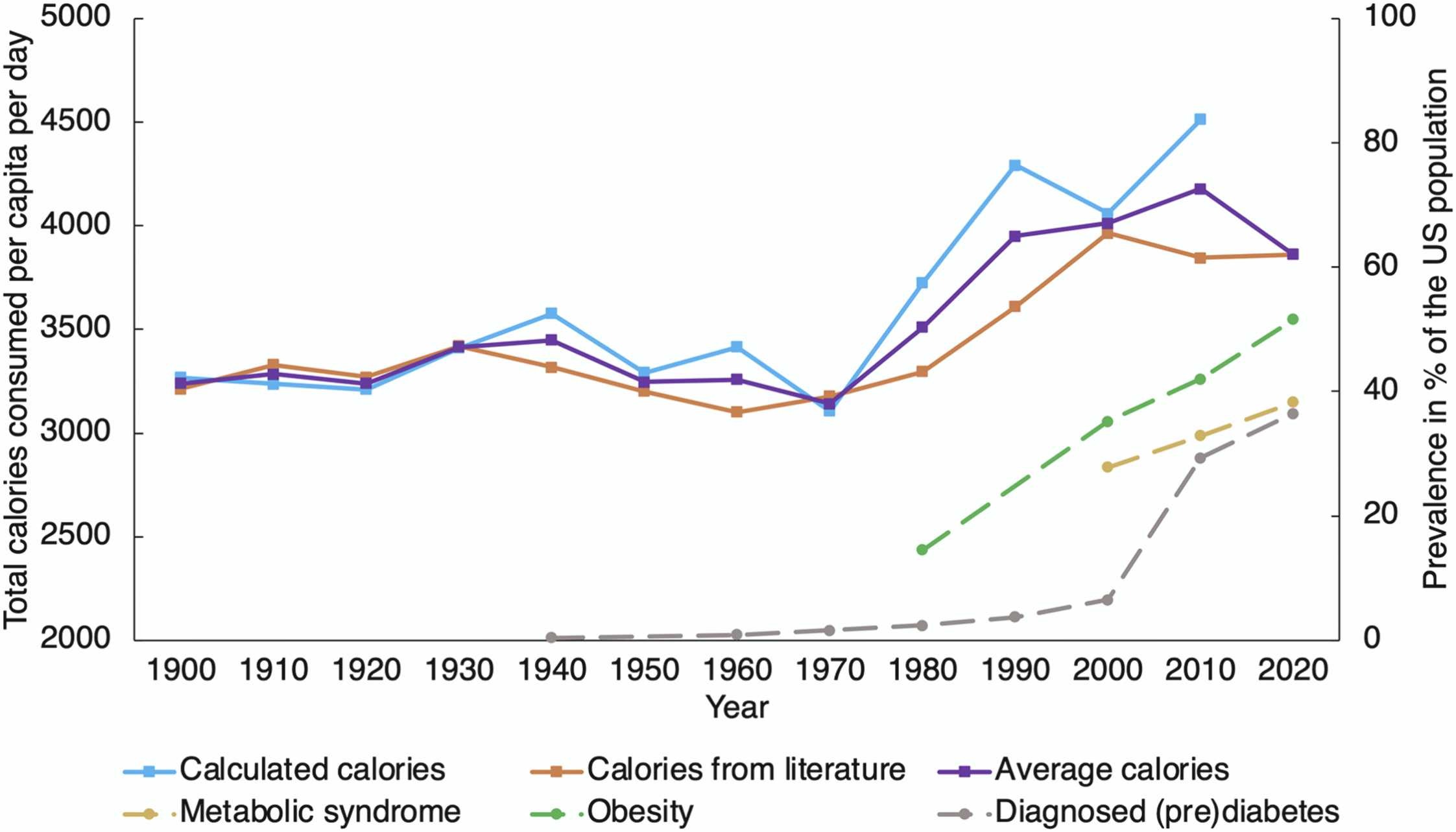
Physical activity and exercise increase total energy expenditure, and it always works.
As you can verify in the cited study below, increased physical activity and fitness don’t get countered by an equal reduction of your resting metabolic rate. There might be some reduction, but it will never be enough to make you not lose that excess fat when you combine it with healthy moderate to high SPC foods, nor will you ever miss out on the added health and fitness benefits.
No one does.
And for all the doomsday people claiming that their own, or someone else’s genetics make it impossible to benefit from healthy food, life, and fitness habits.
Sure, genetics do matter to some extent, but your adherence to daily and weekly habits is what owns the driver’s seat of fitness, health, and body composition outcomes.
Embrace that and ask for help if you feel lost, or have previously tried and failed because everyone can take control and maintain incredible change across the rest of their life.
A failure to maintain control of healthy habits in this hostile modern-day environment we are all living with is the reason why we have seen a sharp increase in obesity, type 2 diabetes, hypertension, metabolic syndrome (MetS), and cardiovascular disease.
Metabolic syndrome.
Metabolic syndrome is characterized by the presence of several of the following symptoms: high blood glucose, low blood high-density lipoprotein [HDL], high blood pressure, a large waist circumference, and or central obesity.
Outside of these preventable, individually harmful health issues and the preventable tragedy they inflict on the individual person, preventable health issues such as this also make for a financial burden for every country on the planet. In the USA alone habit related chronic diseases such as CVD, diabetes and obesity are responsible for close to 90% of the annual $4.1 trillion in healthcare costs.
What´s hiding behind the term sugar?
Cutting out sugar is not about avoiding whole fruits, berries, and veggies, as so many believe.
Sugar which is harmful to human health is defined as “Sugars that are added during the processing of foods (such as sucrose or dextrose), foods packaged as sweeteners (such as table sugar), sugars from syrups and honey, and sugars from concentrated fruit or vegetable juices”.
This is the harmful, added sugar you want to avoid so you can raise the SPC and improve the health, and body composition outcomes of your meals. So do not shoot yourself in the foot by removing whole fruits, berries, leafy greens, and veggies from your food life.
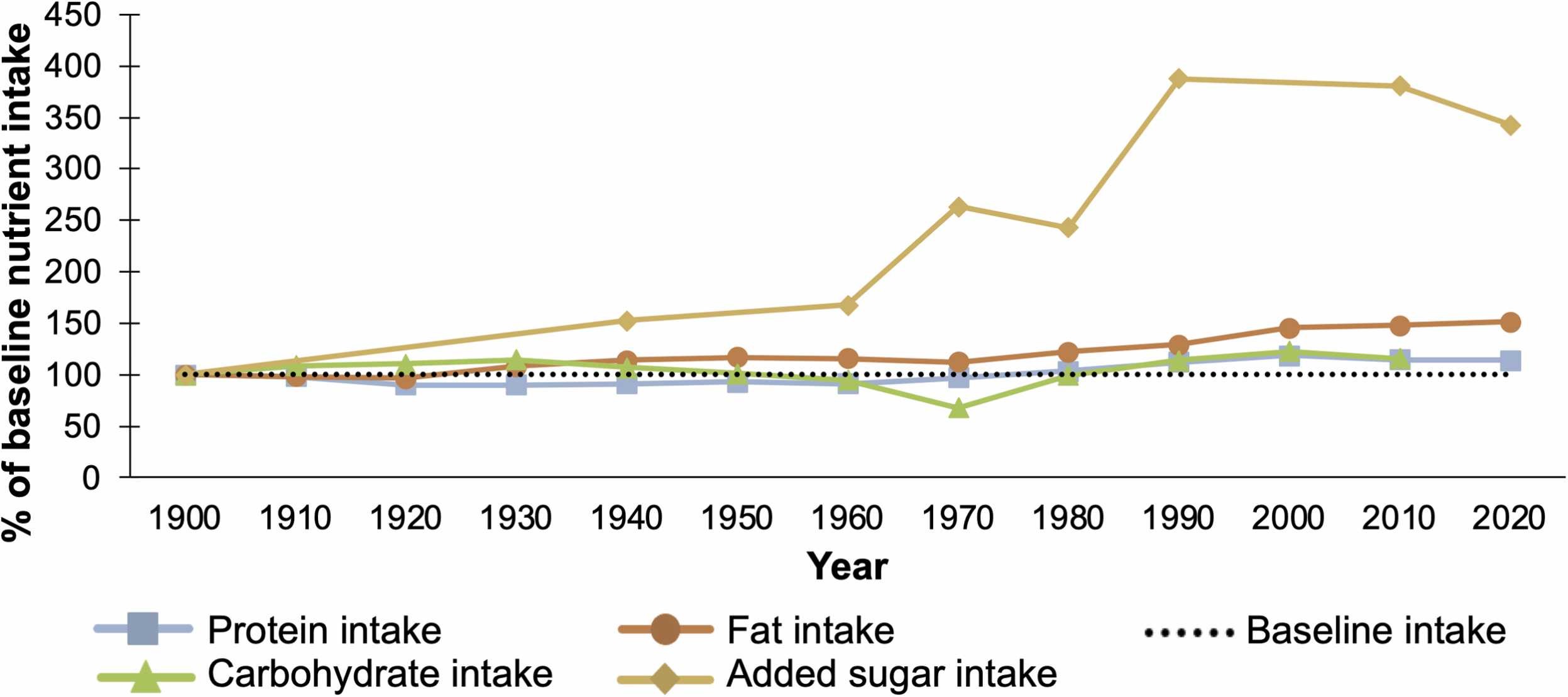
About this image, nutrient intake between 1900 and now, see this study for the data and image source.
Intake of fat has increased drastically with added sugar reaching about 340%, and that is a number that is absolutely insane because added sugar provides no nutritional benefits, its pure energy.
Lines indicate percentual deviation from the baseline (macro)nutrient intake in the year 1900. Healthy whole plant-based carbs have not changed much however compared to 120 years ago. So when people claim that carbohydrates have increased it is the added sugar in all the processed foods and consumption of low SPC foods that´s increased.
Coach input.
Now, what we see here in this image is a horribly inadequate nutritional intake.
The average Joe is living an insanely low SPC, nutritionally deficit, lower protein, higher energy intake food life.
Protein should make up the majority of your energy intake.
Added sugar should be 0. And if you go with a low to higher fat intake, or a lower to high whole plant-based carb intake is up to you. But this is not how the average man and woman are eating, they are all in on high-energy-density foods with as little good nutrition as possible.
I personally believe that most people should be in the lower to moderate fat camp, and go with a moderate to higher whole plant-based carb intake together with a genuine high-protein food approach. But that’s me diving deeper into the nuances. What matters the most is that your food is high in protein, nutritionally complete, with a moderate to high SPC.
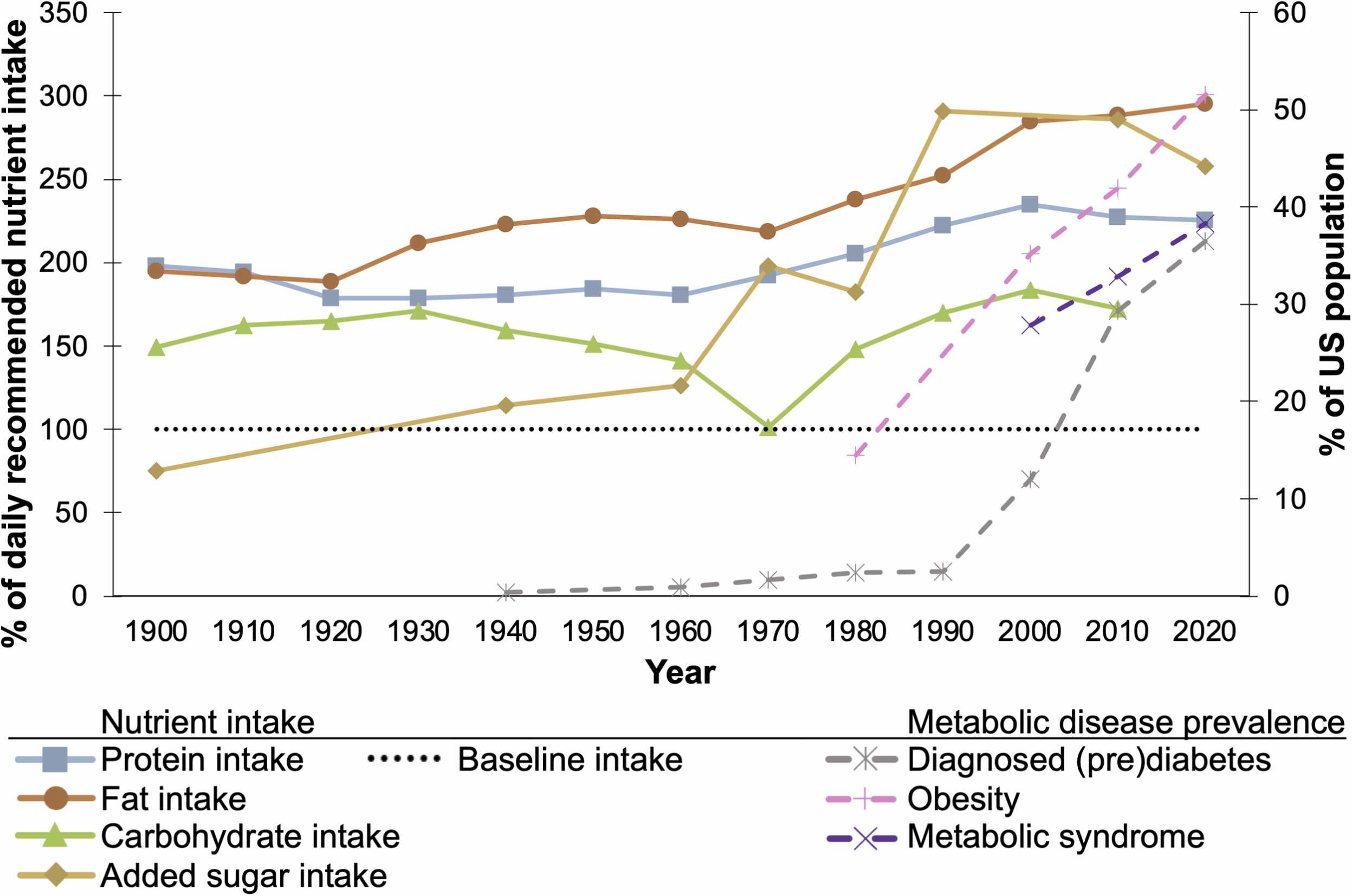
About this Image. See this study for the data and image source.
In this case, nutrient intake is displayed as a percentage of the current daily recommended intake. For all macronutrients, the intake has been higher than current recommendations since 1900.
Protein increased from ∼198% to ∼226%. Carbohydrates from ∼149% to ∼172%, and fat from ∼195% to ∼295%.
Added sugar showed the highest increase, from below the recommended intake (∼75%) to more than 2.5 times the recommended intake (∼258%).
What we see here is an extremely clear correlation between the average person’s nutritionally poor ( micronutrients matter people ), low SPC, high energy food intake, poor health outcomes, and obesity.
A sad and harmful correlation that´s entirely preventable, and also made much worse by the substantial decline in physical activity.
Exercise and genetics.
Yes, people who exercise are good at exercising. Without a doubt better than at any other time stamp in all of history.
But it´s a tiny little minority that´s exercising all year round. And that´s what matters. doing it all year round, together with enough daily, and weekly physical activity.
Further, it’s this unholy combination of basically worthless food habits on average, almost no daily physical activity, and next to no regular exercise at all that´s responsible for the increase in obesity and poor health outcomes.
It´s not about genetics, and it is not about the hostile food environment we are all living in.
Both of these things matter, make no mistake about it.
But you are in control of your daily habits, and no matter how hard that reality is to accept, it is crucial for your own health, and the health of the people you love that you do accept this fundamental reality.
Yes, our environment matters.
So clean it up, at home, at work, in your relationship, and with family. Yes, food producers are horrible, as are our food stores and restaurants.
But they are also producing healthy food, so buy that. Take control of your habits, your food preferences, and your store runs. Learn to plan your food purchases, and only bring home healthy, nutritionally complete, high-protein, moderate to high SPC food items and meals.
Media matters, but no amount of MCD advertisements should be allowed to trigger a harmful binge eating vacation from your healthy habits.
So yes, it is an uphill struggle at times. It is, for every human being. But we are all in control. And better habits are how you regain control of food, health, body, mind, and fitness.
So go all in on nutritionally complete, high-protein, moderate to high SPC foods. Adjust according to the individual foods your body can handle, and start scheduling your sleep and wake time.
Add some daily walks, and some weekly exercise and you are on your way to a drastically better life and health outcome.
Cited study.
1. Human evolution, energy expenditure.
https://www.pnas.org/doi/10.1073/pnas.2409674121
2. Genetics matter but habits own the driver’s seat.
https://www.sciencedirect.com/science/article/abs/pii/S0167494323002601?s=09
3. The gigantic difference in calories consumed between 1900 and now.
https://www.sciencedirect.com/science/article/pii/S2213434423000452?s=09
4. Trends in nutrition and health between 1900 and now.
https://www.sciencedirect.com/science/article/pii/S2213434423000221?via%3Dihub
5. Chronic Kidney Disease and High-protein. Improvements in health and mortality outcomes.
Kidney Disease, & High-protein Intake What´s The Health And Mortality Outcome. — Strength By Fitness
You can also read this article over at Medium if you are a paying Medium Member.
Do you need coaching help in order to create a healthier life? Strength By Fitness coaches people online and in person. This includes fitness, fat loss, nutrition, and health. Strength training, endurance, yoga, and combat classes. Just click coaching in the menu up above and let us transform your health & fitness journey through life together.
strength by fitness
podcasts
recent articles
Members & Clients Recipe: BBQ Seitan Salad, Served With Lemons. High SPC & Protein.
Our BBQ Seitan, salad served with lemons, provides 114g of Protein, 23g of fiber, and a very high SPC between 80 to 100. That makes this Strength By Fitness highest-ranked plant-based SPC meal. Paid Reader & Client Exclusive Recipe.
Outside of all that protein, and that wickedly high Satiety range, our BBQ Seitan Salad with lemons provides plenty of micronutrients, and a delicious taste sensation, that´s ready to make your senses tingle, and keep you full for hours while boosting your health, fitness, and a waist-friendly body composition.
Top Ranked Plant-Based SPC Meals From Strength By Fitness.
On this page, you can browse a curated list of Strength By Fitness highest plant-based satiety range recipes. A high SPC score guarantees you a meal that is nutritionally very rich, with a health and fitness-friendly high-protein profile, plenty of fiber, and micronutrients per unit of energy ( calories ).
In other words, these meals are pretty much as good as it gets when it comes down to creating a healthy food life that will correlate with better food habits, health, and fitness outcomes over time.
Enjoy
Coach Mike & Mida
Let us talk about my own weekly sprint interval session.
What´s in a sprint interval you might wonder?
The exact answer to that will depend on the context of why you exercise. Is it but 1 tool in a larger fitness plan, is your main livelihood dependent on your sprint performance? Or is it a general health, and fitness thing? Context always matters people. Welcome to my personal sprint-interval session, how I program it, why I do a weekly sprint session, and how it fits into my larger fitness plan.
This was a disappointing protein article from the Independent.
A high-protein intake, based on current scientific knowledge, and why it is universally good for your health, and body composition, no matter your gender, age, or fitness status And this is why this flawed high-protein article from the Independentend is such a disappointment,
Protein Rich Potato Delight, Lentils Wrap. 65g of Protein.
This is a tasty protein rich, potato lentil wrap dream. As delightfully yummy as it is health & fitness-friendly. Providing you with the best of both worlds.
In this plant-based wrap meal, you will find deliciously fried potatoes chopped up in small cubes, spices, protein-rich lentils, and vegan mince. Our wrap also provides tomatoes, lettuce, green, yellow, and red peppers, unsweetened vegan yogurt, some mushrooms, and garlic.
65g of Protein per meal makes it a protein powerhouse, but I would recommend you double up on the ingredients if you want to serve it as dinner for two. SPC 66 to 80.
In this plant-based wrap meal, you will find deliciously fried potatoes chopped up in small cubes, spices, protein-rich lentils, and vegan mince. Our wrap also provides tomatoes, lettuce, green, yellow, and red peppers, unsweetened vegan yogurt, some mushrooms, and garlic.
65g of Protein per meal makes it a protein powerhouse, but I would still recommend you double up on the ingredients if you want to serve it as dinner for two.
A Sweet Potato Vegan Mince Dream.
This is one of the most SPC-filling, high-protein meals we have ever created here at Strength By Fitness. Stuffed full of taste, richness, texture, nutrition, satiety, yum, and protein. Keep in mind that with 130+ grams of protein, this meal is big enough for 2 servings, for most people.
SPC 66 to 80.
We appreciate you
so stay healthy & never stop training
Contact
Private In-App Messaging is Available For All App + Coaching Clients
Adress
Coaching Is Available Online Via App on IOS & Google Play, and In-person, On-location.
